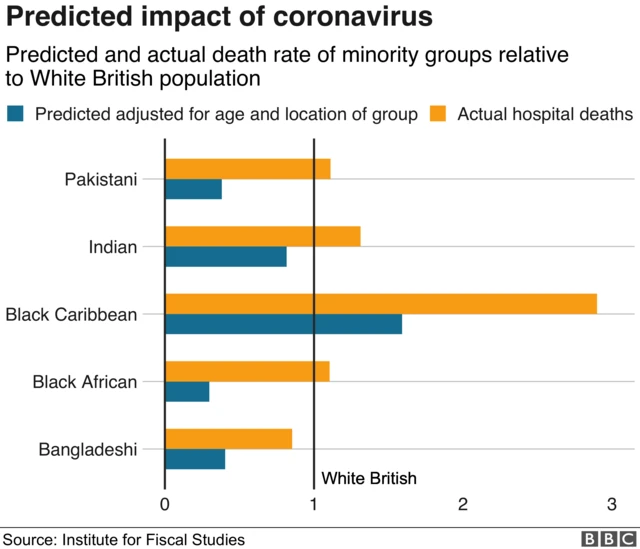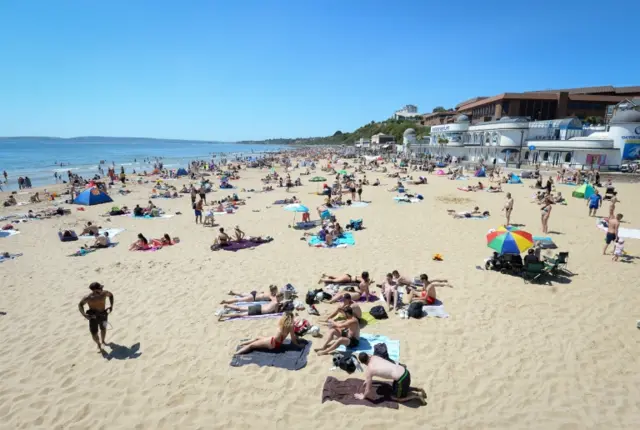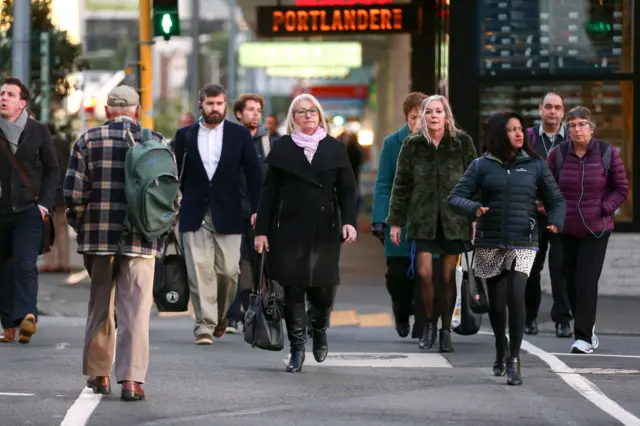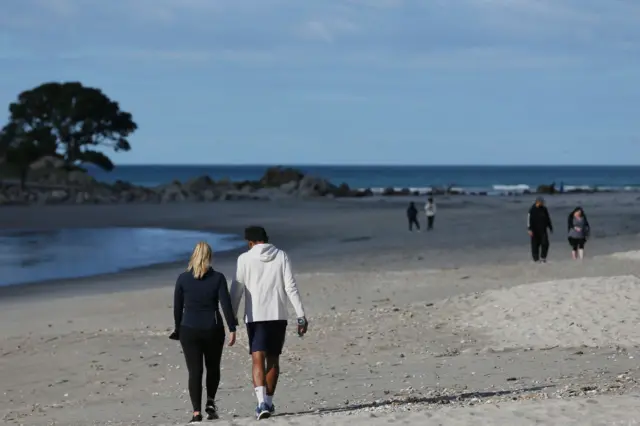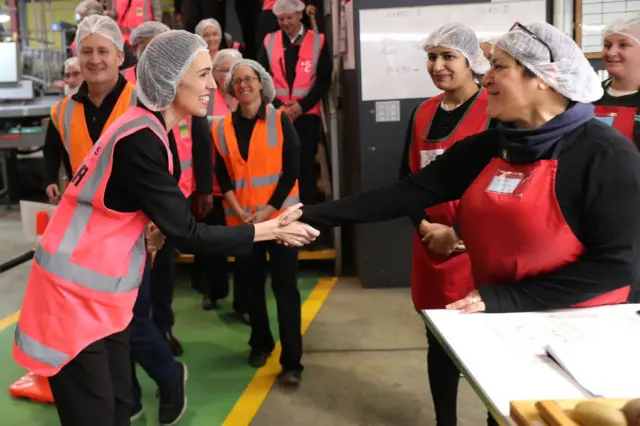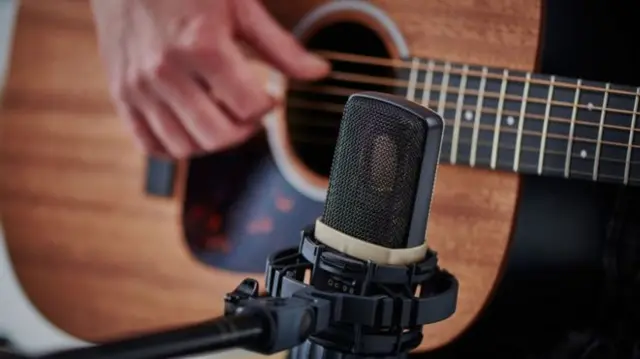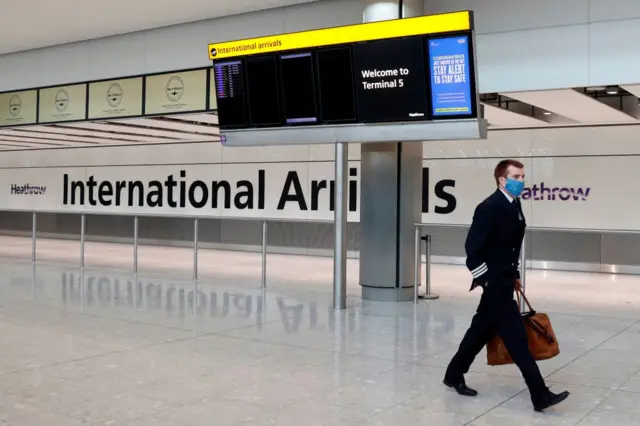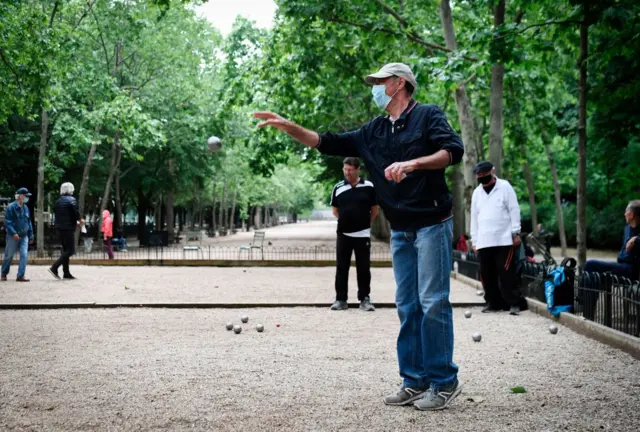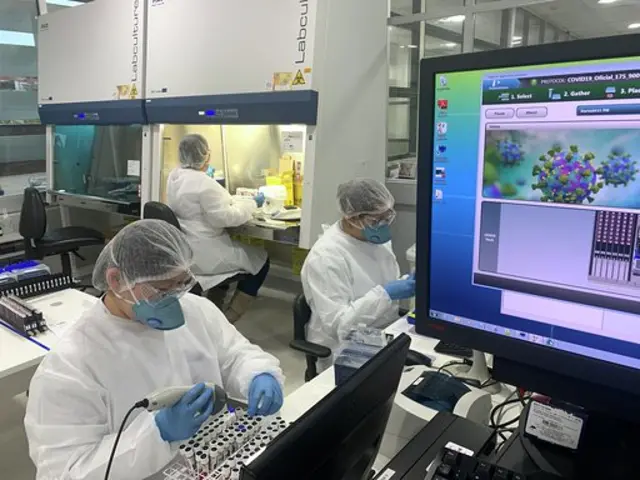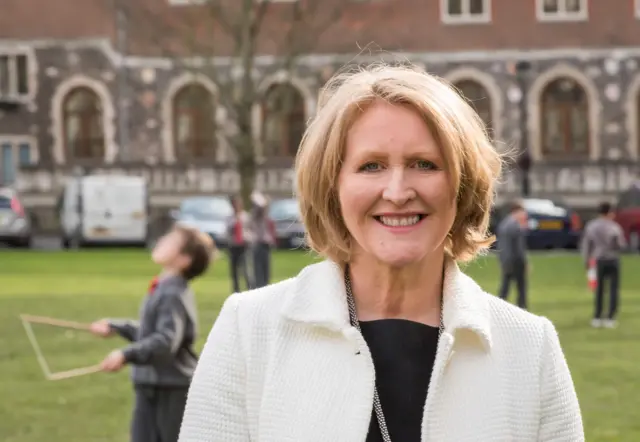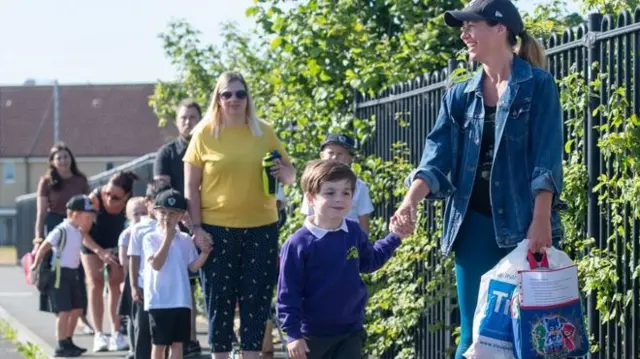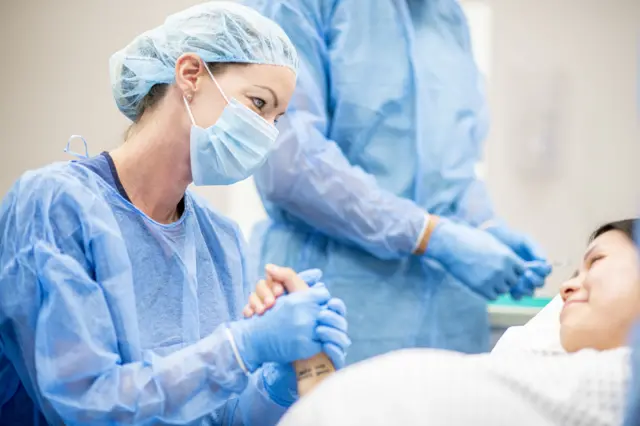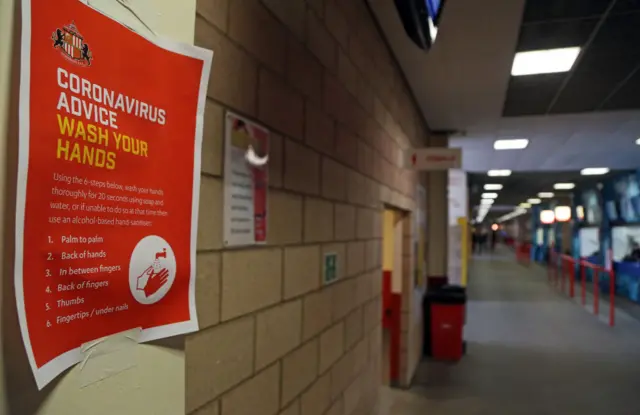Moscow comes back to life as lockdown easespublished at 10:22 BST 9 June 2020
Moscow is enjoying its first day of an eased lockdown, meaning that everyone – including the over-65s – can move about the city freely again for the first time since the end of March.
Restrictions on movement in the Russian capital have been lifted, and hairdressers, beauty salons and vets have reopened.
The easing of lockdown comes despite a high number of new cases in the city – around 2,000 per day in the past fortnight.
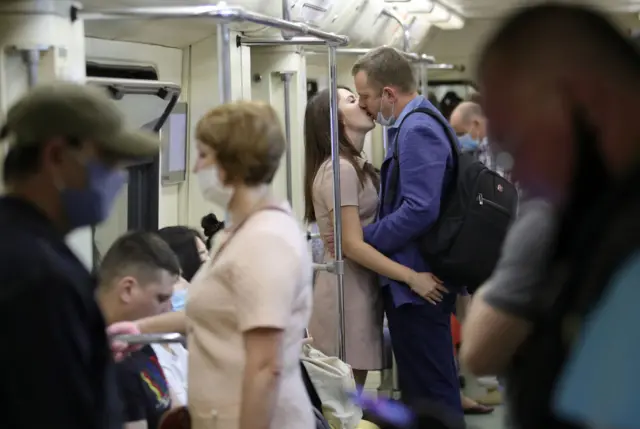 Image source, Getty Images
Image source, Getty Images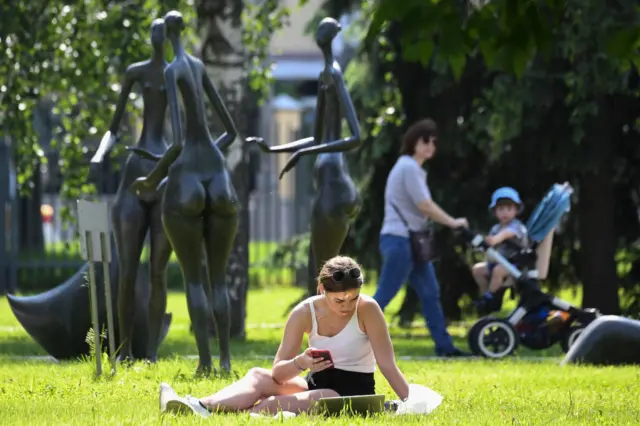 Image source, Getty Images
Image source, Getty Images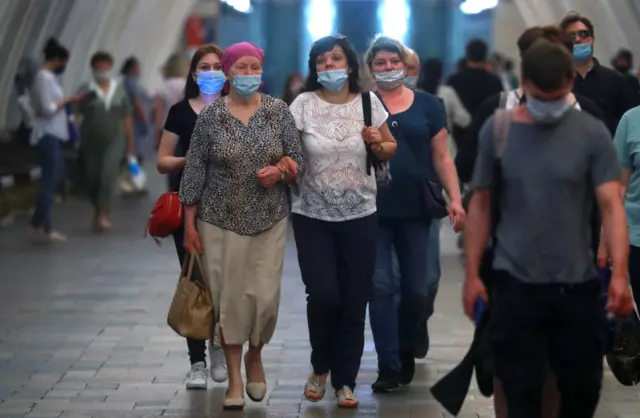 Image source, Getty Images
Image source, Getty Images
